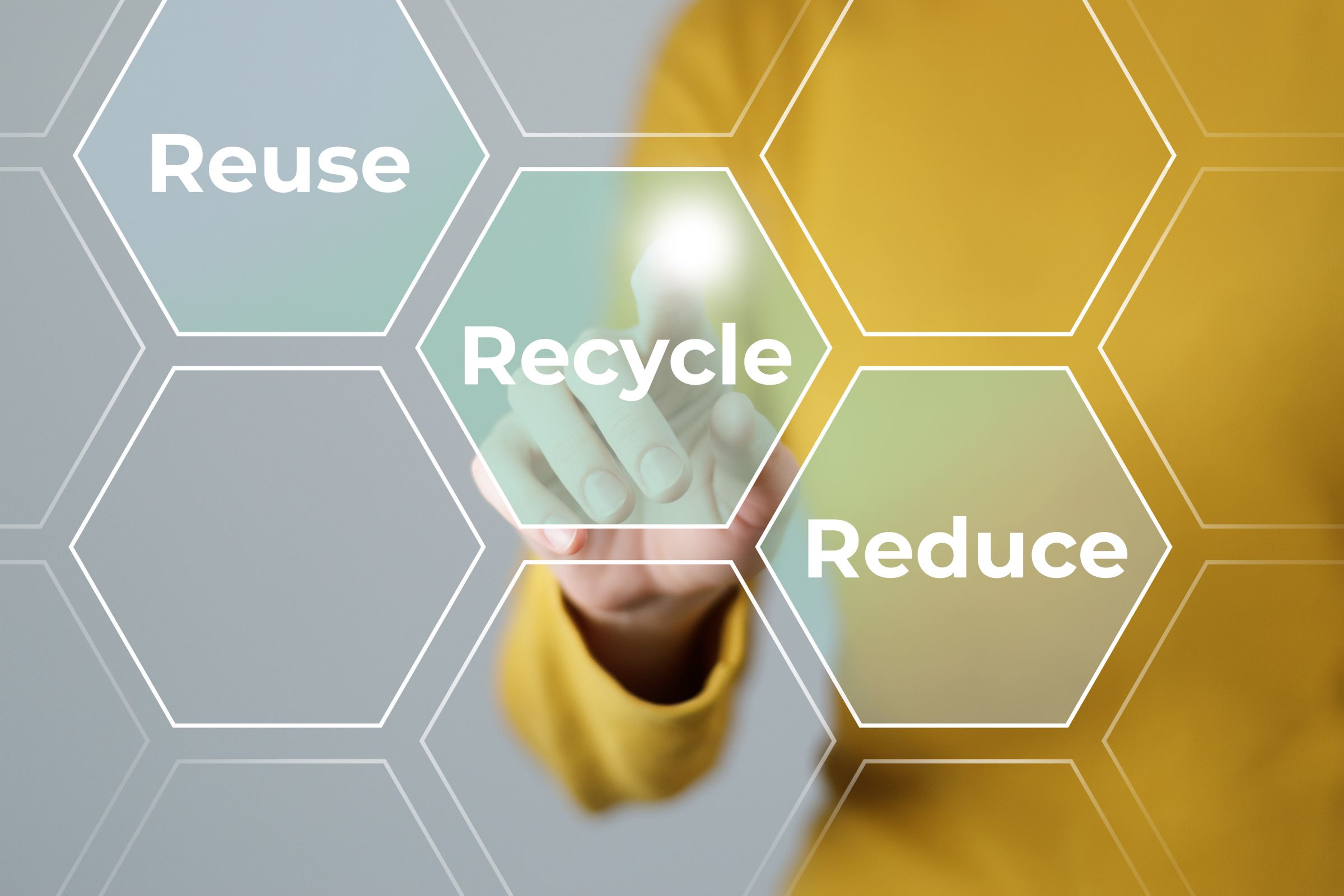
Gestione dei Materiali
Politiche di Gestione dei Materiali
Nam Liong Global si approvvigiona principalmente di materie prime da fornitori esterni. Gli otto articoli di approvvigionamento prioritari includono adesivi (inclusi additivi per adesivi, agenti chimici e materie prime in gomma), filati speciali, plastiche polimeriche, nastri di chiusura a gancio e anello, tessuti, accessori e materiali per imballaggio, fibre speciali e schiume polimeriche. Il volume totale degli approvvigionamenti di materie prime, basato sul 80% superiore per valore di approvvigionamento per l'anno 2024, ammontava a 5.521,7 tonnellate metriche, di cui 32,08 tonnellate metriche erano materiali rinnovabili.
Andando avanti, Nam Liong Global rimane impegnata nella nostra filosofia orientata alla sostenibilità, concentrandosi sull'aumento dell'approvvigionamento di materiali rinnovabili e sul miglioramento del riciclo e del riutilizzo dei rifiuti internamente, con l'obiettivo di massimizzare l'efficienza delle risorse e minimizzare l'impatto ambientale, garantendo al contempo la qualità e la sicurezza del prodotto. Continueremo a esplorare materie prime alternative ecologiche che rispettano gli standard internazionali come il Global Recycled Standard (GRS) e la certificazione del Forest Stewardship Council (FSC), promuovendo così lo sviluppo di una catena di approvvigionamento verde. Inoltre, gestiremo l'approvvigionamento e la composizione delle materie prime per garantire che i nostri prodotti siano pienamente conformi alle iniziative, normative e direttive ambientali internazionali, rafforzando così la nostra responsabilità ambientale e avanzando verso la sostenibilità.
SASB-CG-AA-440a.4 Peso degli approvvigionamenti di materiali (tonnellate)
Material Procurement Gestione secondo gli Standard SASB
| Metrica | Dichiarazione di attuazione SASB-CG-AA-440a.3 |
|---|---|
| 1. Fattore(i) ambientale/i e/o sociale/i che probabilmente minacciano l'approvvigionamento | ● In termini di fattori ambientali, increasingly stringent regulations related to climate change and net zero carbon emissions are driving up the costs of raw material production and transportation. The over-exploitation of natural resources may result in issues such as land degradation and water scarcity, further leading to supply shortages, price fluctuations, and potential quality instability. In addition, the production of raw materials involves carbon emissions, wastewater discharge, chemical pollution, and high energy consumption, all of which pose long-term environmental impacts and consequential challenges to the Corporate’s operational sustainability. ● In termini di fattori sociali, geopolitical tensions and global economic instability have increased the uncertainty of international trade, thereby raising the complexity of procurement and supply chain management. Meanwhile, the textile industry in Taiwan faces challenges such as capacity relocation, the exit of small-scale processing plants, and an aging skilled workforce, resulting in increased difficulty in sourcing raw materials and affecting supply chain stability. In addition, supply chain operations may involve issues such as poor labor conditions, the use of child labor, and inadequate occupational safety, posing potential risks to both the Corporate’s fulfillment of social responsibilities and reputation. |
| 2. Rischi e/o opportunità aziendali associati a fattori ambientali e/o sociali | ● In termini di rischi, as the world moves toward net zero carbon emissions, the use and import of raw materials with high carbon emission may be restricted, resulting in increased compliance pressures and environmental costs for businesses. International markets placing growing emphasis on environmental, social, and governance (ESG) performance, and brand customers are imposing increasingly stringent requirements on green supply chains, non-compliance may lead to potential loss of orders. In addition, fluctuations in raw material prices and supply chain instability may affect production costs and operational efficiency, thereby increasing overall business risk. ● In termini di opportunità, the increasing global demand for environmentally friendly materials is driving the expansion of markets for recyclable, low-carbon, and bio-based materials. Businesses that comply with environmental regulations and hold sustainability certifications are more likely to gain favor with international brands, thereby enhancing their market competitiveness. In addition, developing and certifying green products can strengthen corporate image, create sustainable business opportunities, and enhance businesses’ capacity for sustainable development. |
| 3. Strategia di gestione per affrontare i rischi e le opportunità aziendali | ● In termini di gestione della catena di approvvigionamento, Nam Liong Global collaborates with suppliers who comply with restricted substances standards and sources raw materials certified to third-party environmental or social standards to effectively mitigate potential environmental and health risks. These standards include the Global Recycled Standard (GRS), the Forest Stewardship Council (FSC®) certification, the OEKO-TEX®STANDARD 100, and the bluesign® standard. A supplier sustainability self-assessment mechanism is established to regularly evaluate their environmental and social conditions. In addition, inventory pressure is reduced and supply chain resilience strengthened through coordinated supplier material preparation and batched shipments, while in-house production lines are expanded to enhance autonomous manufacturing capabilities and quality control, thereby mitigating potential supply chain disruptions. ● In termini di gestione dei materiali, Nam Liong Global continues to promote waste recycling and reuse initiatives, including the reintroduction of in-house production scraps and the off-site pyrolysis oil refining of waste rubber, thereby improving material utilization efficiency and reducing waste disposal costs. In addition, the Corporate advances environmentally friendly processes and green materials through the expansion of the Eco-Family product series, focusing on the use of recycled and bio-based materials, as well as solvent-free or water-based processes, with the objective of effectively mitigating the environmental impact throughout the product lifecycle. ● Moving forward, Nam Liong Global remains committed to continuously conducting organization-wide greenhouse gas (GHG) inventories and product carbon footprint assessments, enhancing data-driven management capabilities to support our sustainability-oriented decision-making. The Corporate will also deepen strategies for green supply chains and material recycling and reuse, collaborating with suppliers and customers to advance sustainable operations. |
